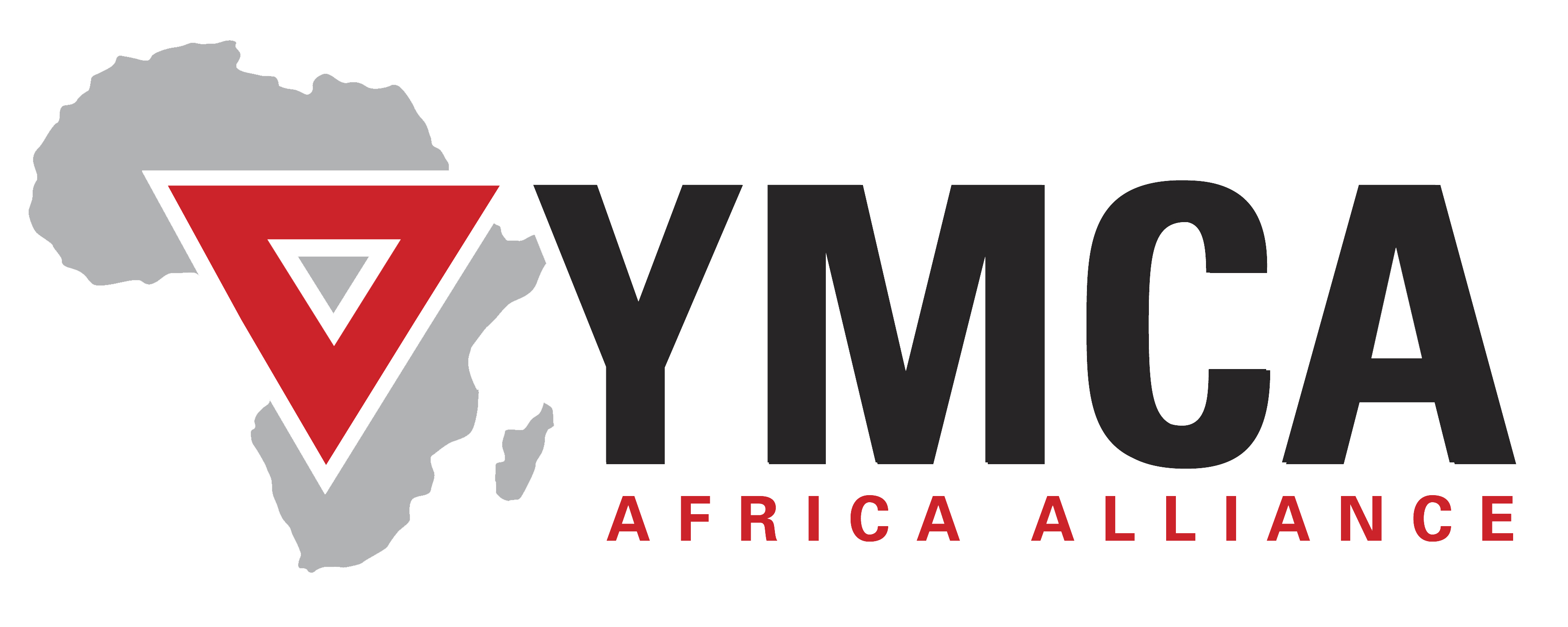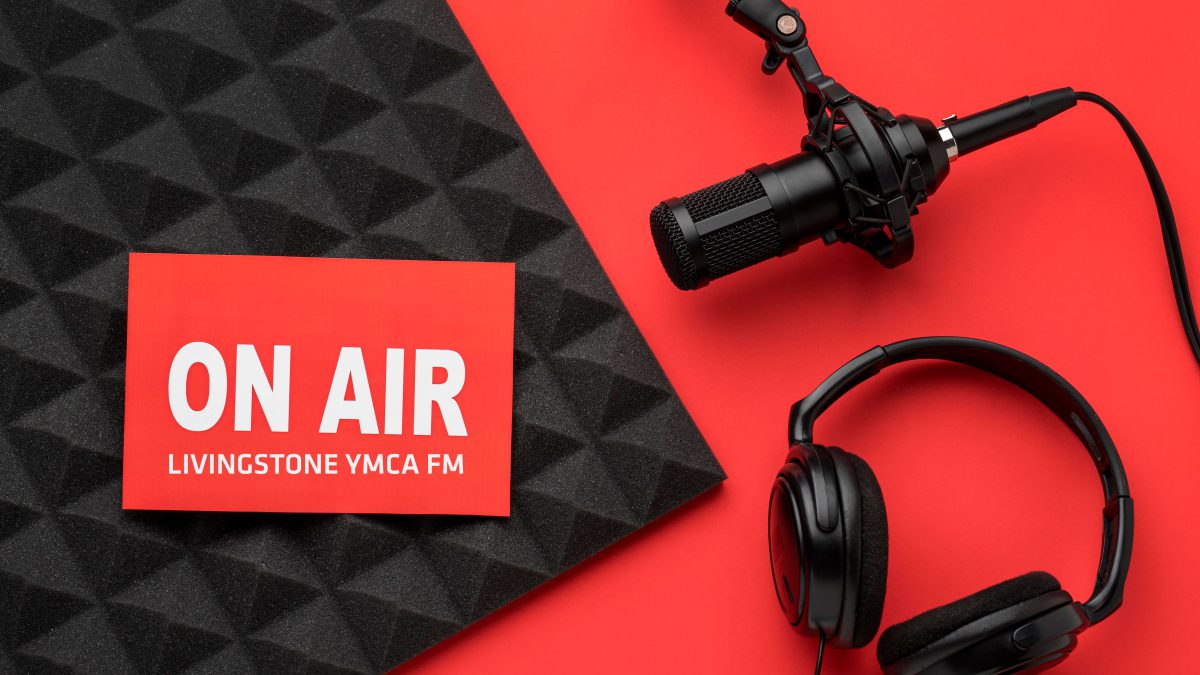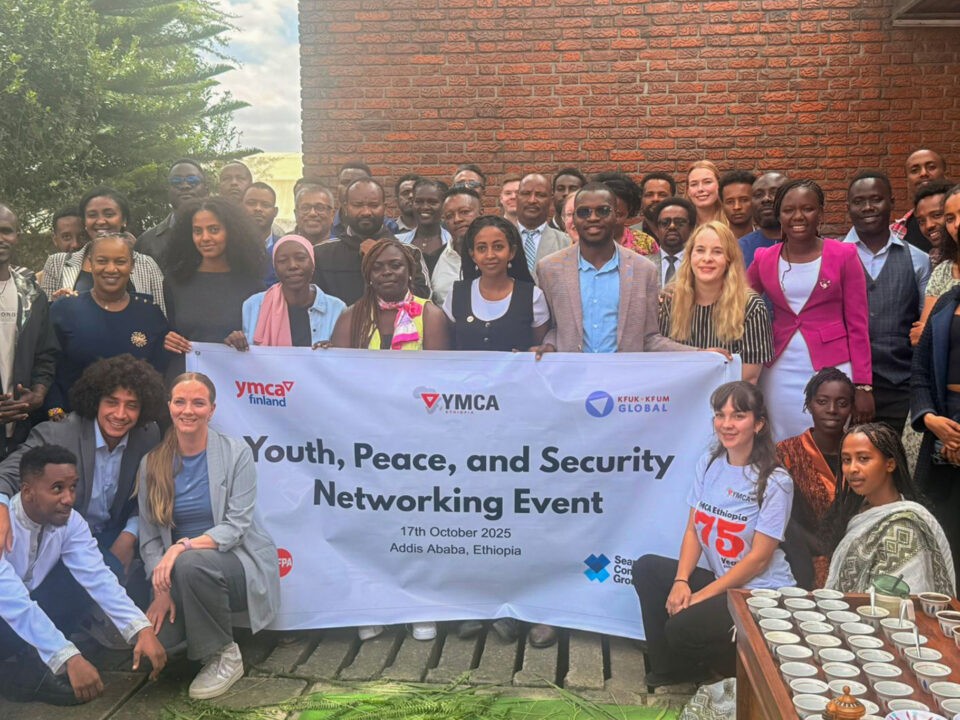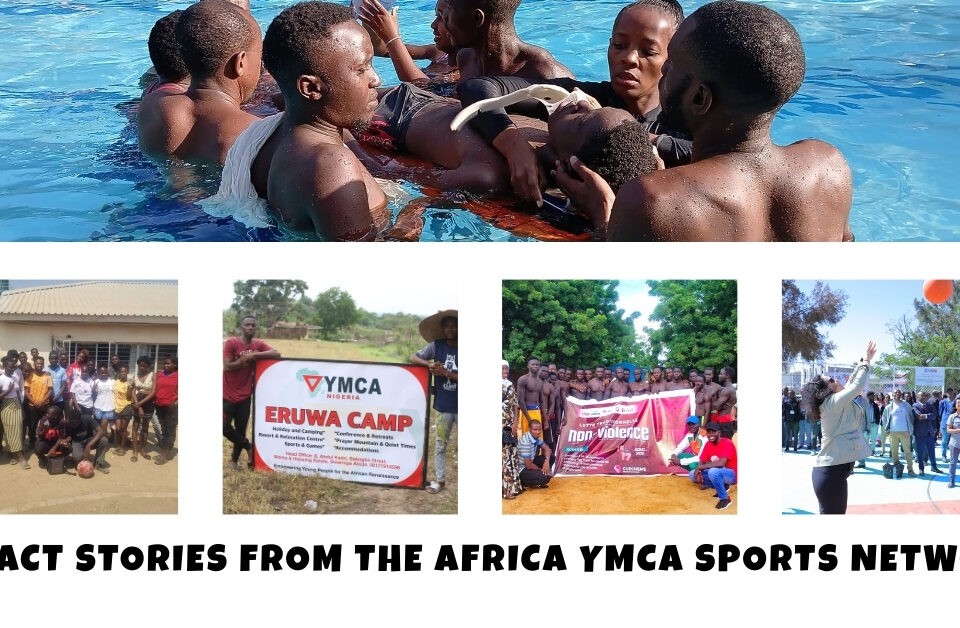THE RADIO CONVERSATION

SEXUAL GENDER BASE VIOLENCE IN SIERRA LEONE
09/11/2020
SEX FOR GRADES: THE DARK MARKET BEHIND UNIVERSITY WALLS
07/12/2020(introduction to listeners…)
Ladies and gentlemen welcome to The Conversation here on Livingstone YMCA FM. I gotta tell you that in a moment I’m going to bring on one of the most magnetic, charismatic and just awesome individuals. I gotta tell you this, we have had some of the top people on our show every week. But the individual I’m going to bring on in a moment is just absolutely dynamic. This individual is a young and vibrant police woman by the name of Joy Nyambe whose specialization is the Victim Support Unit.
(To Joy)
Welcome, I mean, I’m totally excited and just really happy that you are on phone right now.
I’m honored Theo. I’m thankful. It was my dream and prayer that someday I’d get a chance to talk to people who cared about things that matter.
Thank you Joy. I have to start by yelling out that I truly believe you have greatly impacted the lives of so many children, women and men who were victims of sexual and gender-based violence, and you are still doing more. Now, when most people hear the term SGBV, what comes into their minds is men beating and raping women. So, could you tell us what exactly SGBV is all about?
Ok. So, here’s the thing, sexual and gender-based violence is a very disturbing phenomenon which exists in all regions of the world. The term does not only refer to acts of violence against women, but to any harmful act that is perpetrated against one person’s will and that is based on socially ascribed (gender) differences between males and females. It includes acts that inflict physical, mental, or sexual harm or suffering, threats of such acts, coercion and other deprivations of liberty, whether occurring in public or in private life.
Wow! Are you trying to say that both the female and male gender experience SGBV?
Exactly!
Ok. You mentioned something like socially ascribed (gender) differences between males and females. Can you explain more on that?
Sure. That’s what is referred to as Gender stereotypes. These are widely accepted yet unfair judgements on a person. Here in Zambia stereotypes about gender have caused so much unfairness especially to the girl child and women despite the fact
that many are trying to put an end to gender inequality. Men are taught from childhood to be strong, powerful and aggressive while women are taught to be submissive to men. Due to this, many victims of SGBV in our community are girls and women. I believe there are still so many women that are still being physically, mentally and sexually abused yet they do nothing about it because they are afraid, or they don’t know where to run to. Some actually think its normal because according to African culture, a woman must endure everything from a man.
We are talking power, we are talking gender inequality, we are talking cultural perspective. According to the cases of SGBV you have dealt with, briefly tell us, what are some of the effects of SGBV on women, girls, men, boys, on relationships and society as a whole?
Well that’s a very important question Theo. Let me starts with the effects of SGBV on men. Now, traditional stereotypes that keep men in the role of breadwinner and systematic discrimination preventing women from equally contributing to their households and participating in workforce puts additional stress on men, increasing their risk of health issues. Gender stereotypes also prevent men from seeking the help they need. For women, gender inequality causes lack of knowledge of one’s sexual and reproductive rights. Most women are denied the rights to education, to be free from torture, the right to participation and many more rights due to society’s perception on the female folk. Many relationships are therefore male dominated. The man decides when to have sex, what and what not to do in a relationship.
Joy let me jump in. That’s some vast amount of information right there. Very important. You have helped so many victims of sexual and gender-based violence, in 30 seconds can you share with us how you’ve been helping them.
Ok. When cases are reported at every police station in Zambia, the officer in is able to identify which cases must be handled by the victim support unit. Cases such as SGBV are of course brought to us. We counsel the victims. We bring in the perpetrators and lock them up and take them to court if need be. We do everything within our power to ensure that justice is served.
Joy, we’re wrapping down the show. Thank you for coming on The Conversation. It’s been such a pleasure to have you on the phone.
Thank you, Theo! Hope we do this again.





